
Fifth edition of features and articles on what may lie ahead.
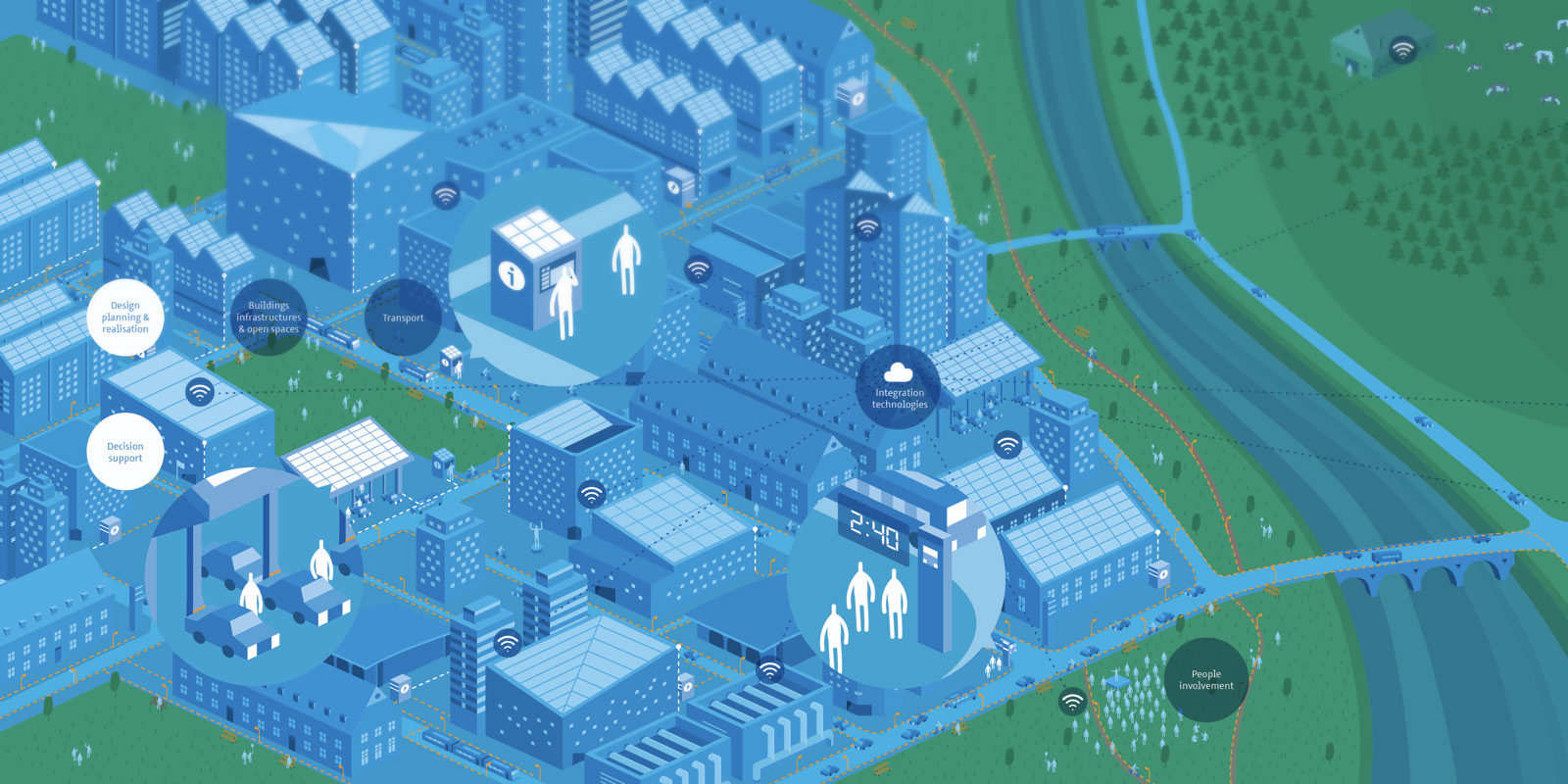
The Covid-19 pandemic is rapidly transforming our present and our future. What are researchers and designers learning that can help companies evolve their products and services to make them more robust within this fast changing context and market?
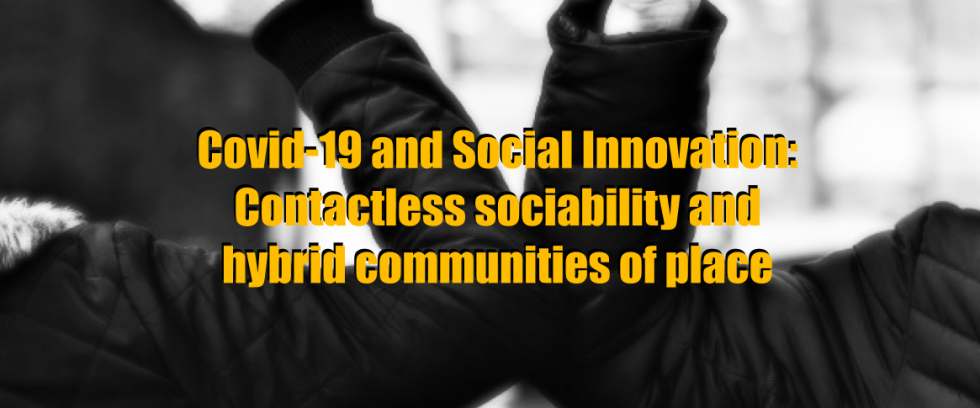
While some optimists think there will be a lasting positive change in our well-being model, with the quality of relationships and common goods at its centre, Manzini argues that things are not necessary going in that direction. A confrontation is required.

Fourth (and particularly rich) edition of features and articles on what may lie ahead.

As the Covid-19 crisis hopefully comes slowly under control, we ought to attend to a very different kind of crisis, and one which is scarcely visible: the deteriorating state of our shared social imagination.

Third edition of features and articles on what may lie ahead. Four in English, three in Italian.

Two new initiatives - one from the US and one from Utrecht (NL)
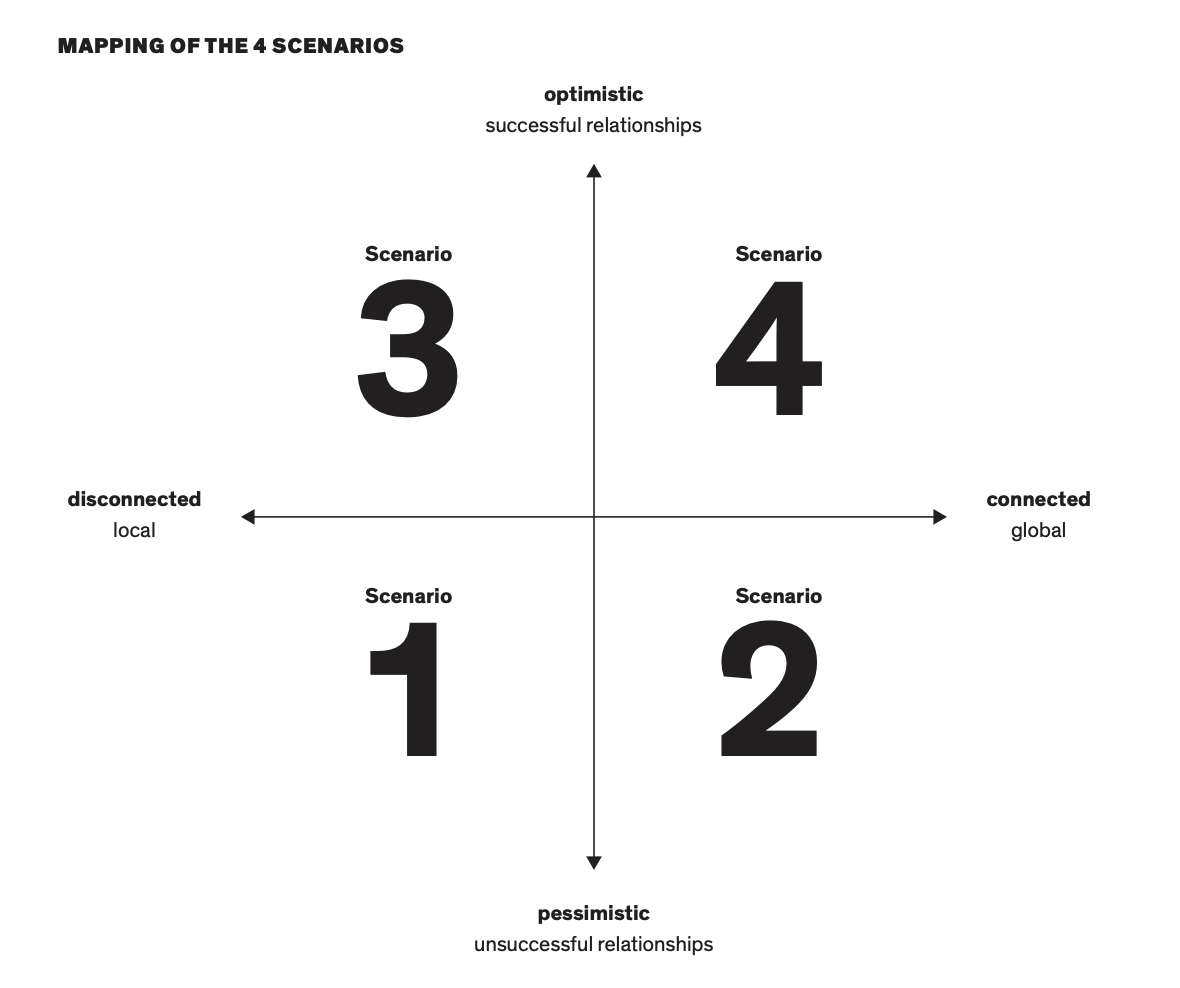
How will the pandemic change the way we live and do business?
In this whitepaper the Zukunftsinstitut describes four possible scenarios of how the corona crisis can transform the world.

Initiated by Deborah Lupton, this crowdsourced document provides necessary information and key resources for researchers struggling to conduct traditional face-to-face research under new circumstances.
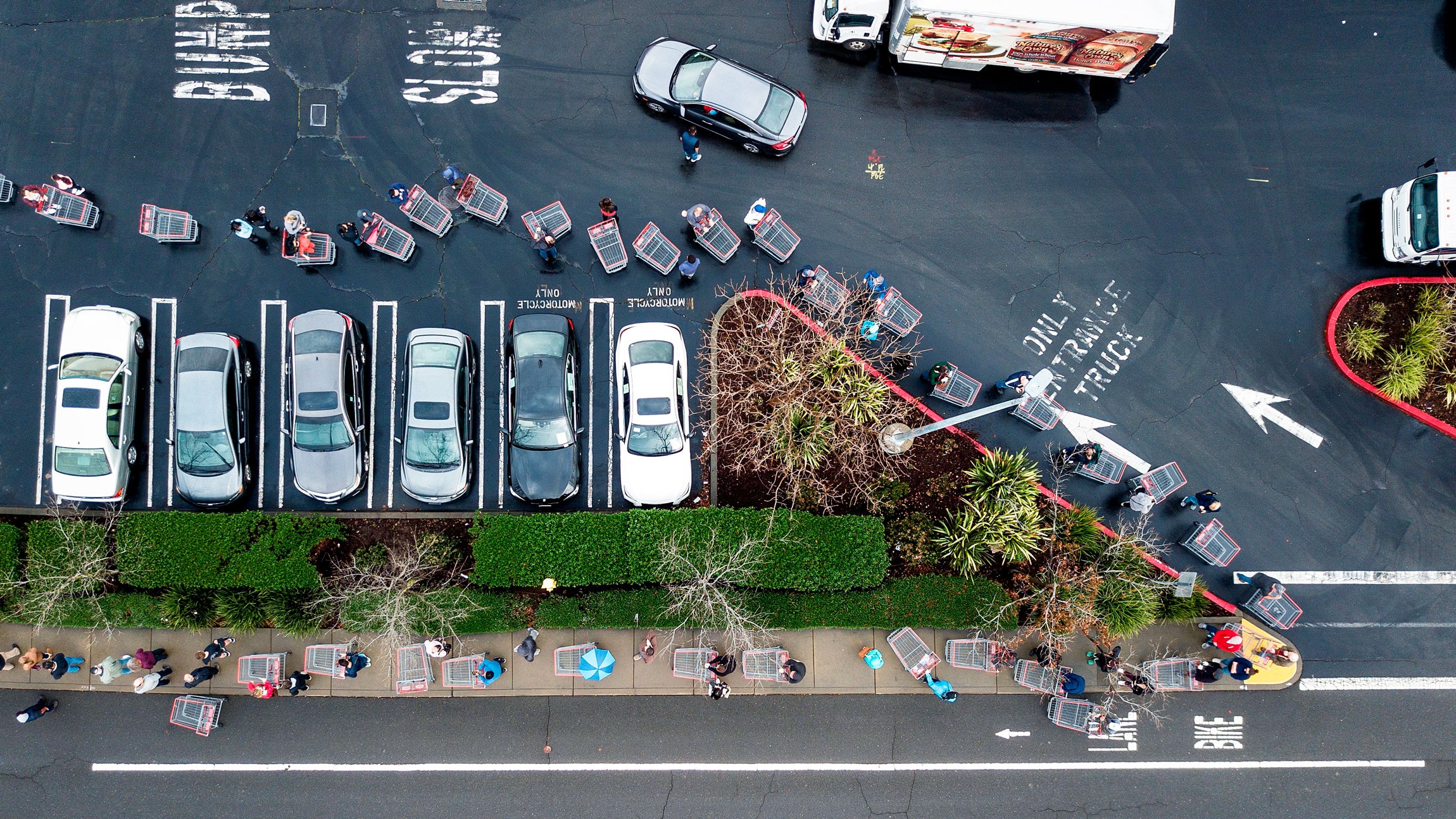
Two articles, one by Matt Simon in Wired and another by Benedict Carey in the New York Times, summarize scientific research that illustrates why mass panic is unlikely in this pandemic situation.

This book describes the psychological reactions to pandemics, including maladaptive behaviors, emotions, and defensive reactions, and reviews the psychological vulnerability factors that contribute to the spreading of disease and distress.
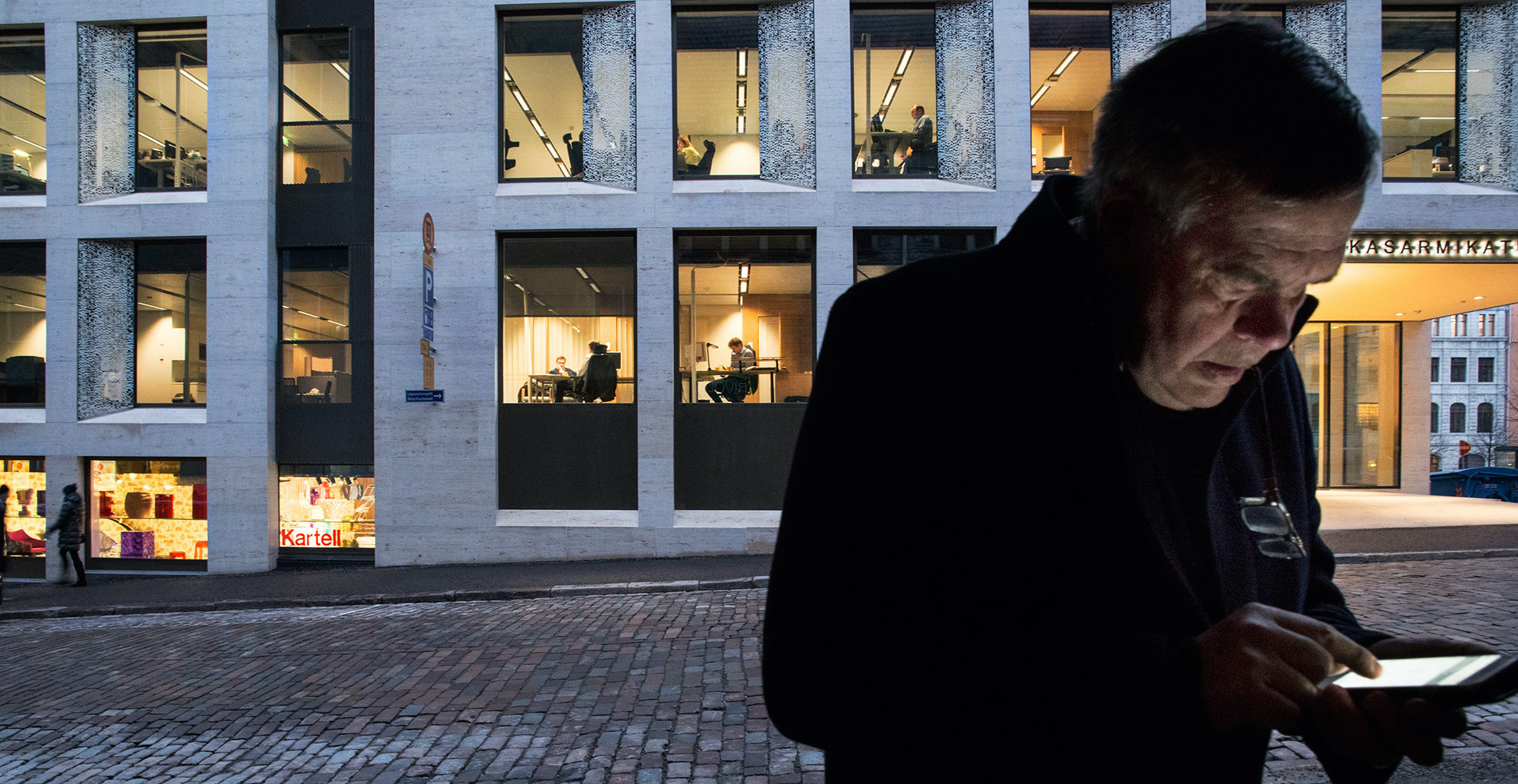
Carissa Véliz is a philosopher and ethicist who works on digital ethics, practical ethics more generally, political philosophy, and public policy
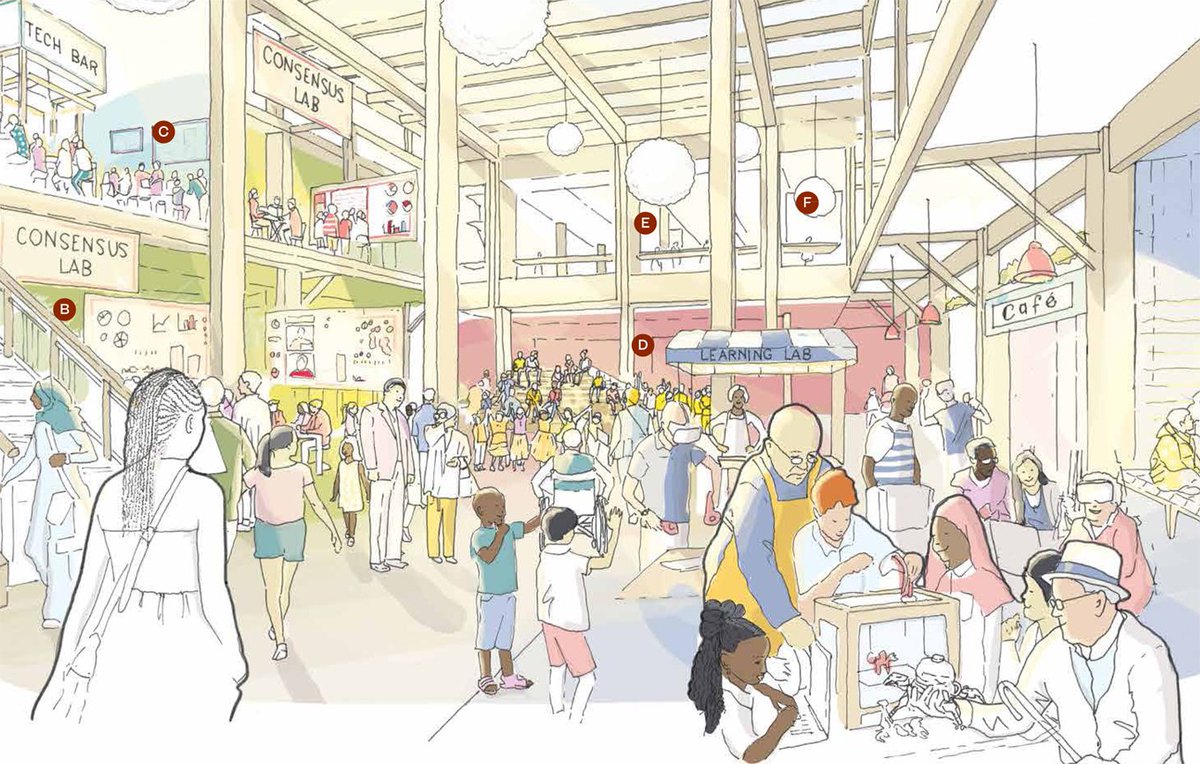
A visit to the smart-city-in-progress at Sidewalk Toronto prompts questions about what it means to "participate" in civic design.
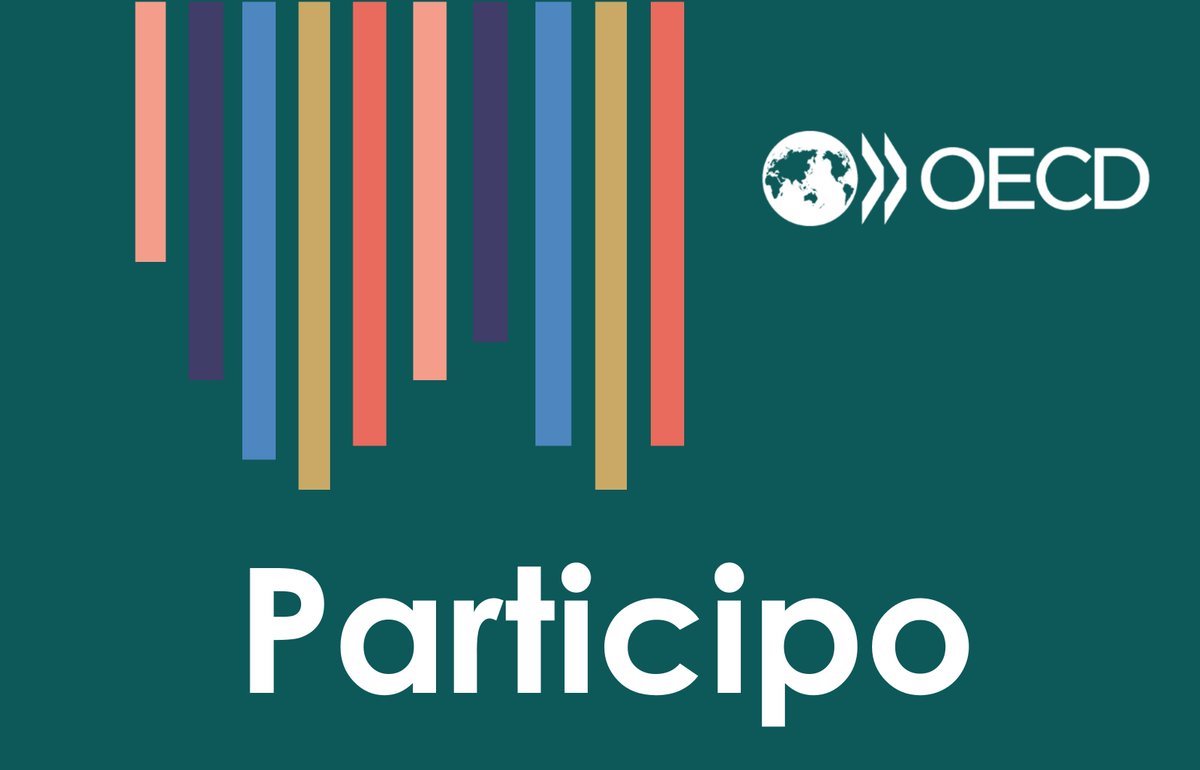
The first post, by Participo editor Claudia Chwalisz, reflects on how the OECD can help renew democracy in an age of complexity and disillusionment.
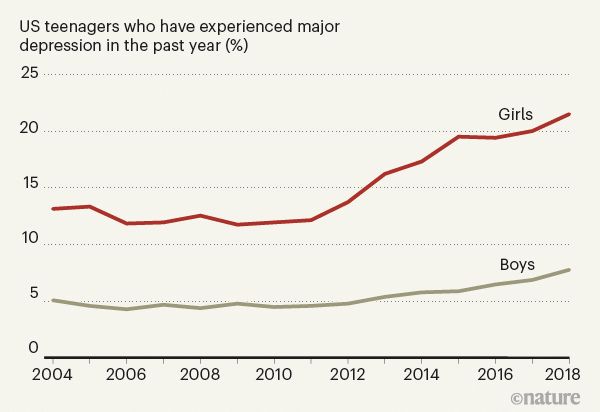
Does time spent using digital technology and social media have an adverse effect on mental health, especially that of adolescents?

Presentation event on 14 February in Torino of the European project that aims to improve the liveability of the areas around the river Dora
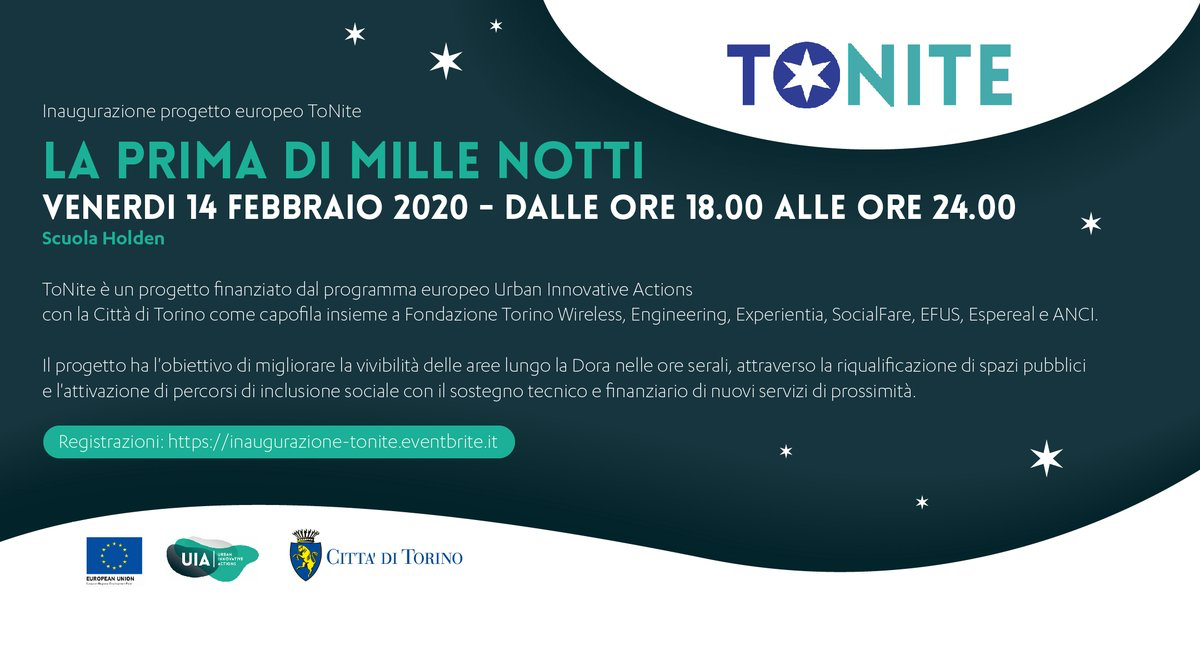
Evento di presentazione del progetto europeo che intende migliorare la vivibilità delle aree attorno al fiume Dora

Next week the major Interaction 20 conference will take place at the Zaha Hadid-designed Milano Convention Center (MiCo). Experientia supports this huge conference on a multitude of levels.

The design thinking approach offers many tools to design creative solutions to solve the most pressing problems affecting complex ecosystems such as cities. That's why it is important that policy makers are properly trained.

Nat Kendall-Taylor studied nearly 40 different social issues and the cultural models people use to understand them. He found three cultural models that stymie social change, and three research-based messaging strategies that can help shift them.



















